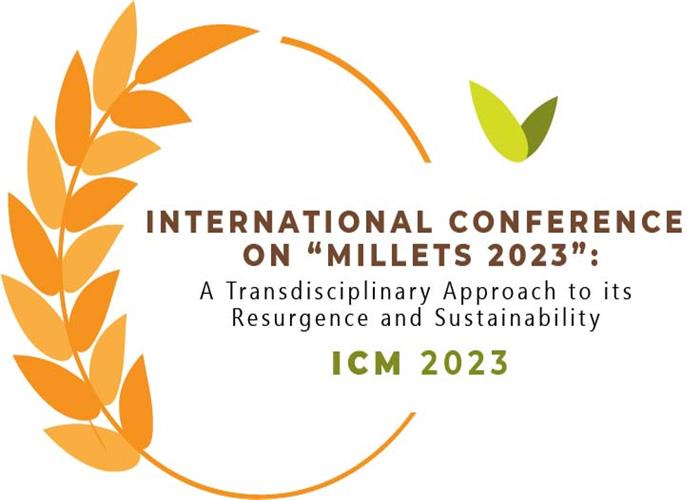Bihar Assembly Passes Bill to Increase Caste Quota
Why in News
The Bihar Assembly unanimously passed a Bill to increase reservation for Backward Classes, Extremely Backward Classes, Scheduled Castes, and Scheduled Tribes from the existing 50% to 65%.
Important Points
- Together with the 10% Economically Backward Class (EWS) quota, the Bill will push reservation in Bihar to 75%, well past the 50% ceiling set by the Supreme Court.
- Bills providing for the same increase in reservation in educational institutions and government jobs, which were drafted based on the caste survey conducted by the State government recently, too were passed unanimously through voice vote in the Assembly.
Reservation in India
- As per existing instructions, reservation is provided to Scheduled Castes (SCs), Scheduled Tribes (STs) and Other Backward Classes (OBCs) at the rate of 15%, 7.5% and 27%, respectively, in case of direct recruitment on all India basis by open competition.
- In direct recruitment on all India basis, other than by open competition, the percentage fixed is 16.66% for SCs, 7.5% for STs and 25.84% for OBCs.
- The Constitution (103rd Amendment) Act 2019 enables the State (i.e., both the Central and State Governments) to provide reservation to the Economically Weaker Sections (EWS) of the society.
- Whether or not to provide reservation to the EWS or appointment in States is to be decided by the State Government.
- Since the 1992 order, several states have passed laws breaching the 50% ceiling, including Haryana, Telangana, Tamil Nadu, Andhra Pradesh, Madhya Pradesh, Uttar Pradesh, Rajasthan, Chhattisgarh and Maharashtra.
Laws made by many of these states have either stayed or are facing legal challenges
- Article 16: It provides for equality of opportunity for all citizens but as an exception the State can provide for reservation of appointments or posts in favour of any backward class that is not adequately represented in the state services.
- Article 16 (4A): Provides that the State can make any provision for reservation in matters of promotion in favour of the Scheduled Castes and the Scheduled Tribes if they are not adequately represented in the services under the State.
- Article 335: It recognises that special measures need to be adopted for considering the claims of SCs and STs to services and posts, in order to bring them at par.
- 103 Amendment of the Constitution of India: Introduced 10% reservation for Economically Weaker Sections (EWS) of society by amending Article 15 and Article 16 of the Constitution.
Arguments in Favour
- Caste-based reservations address the roots of social injustice — and shouldn’t be replaced by economic status-based reservations.
- The Constitution mandates realisation of substantive equality in the engagement of the fundamental rights with the directive principles.
- It is a stereotypical assumption that the promotions drawn from the SCs and STs are not efficient or that efficiency is reduced by appointing them.
- The main reason for giving reservations and even promotions is that there are very few SC/ST candidates in the higher echelons of government.
Argument Against
- Reservations discourage merit and genuine talent by providing an unfair advantage to reserved candidates.
- Many deem poverty to be eligible for reservations in education and employment over caste-based marginalization.
- Reservations should only exist to level the playing field initially; they should be discontinued for higher positions/promotions.
- Economically well-off members of marginalized communities should not avail benefits of reservation.
- Low-cutoffs and eligibility criteria for reserved candidates brings down the overall caliber of an institution or organization.
- Continued reservation in education and public service were only a temporary measure.
SC Decision
- The Supreme Court has established a provision that states must collect quantifiable data on the representation of SCs and STs in a particular cadre of service and form a judgement regarding the inadequacy of representation based on that data.
- Positive discrimination as represented can lead to important advances in societies along with deep-seated social inequalities, but such systems must be periodically examined and redesigned.
- The most obvious reform would be to reduce the number of relatively wealthy beneficiaries.



.jpg)
.jpg)
.jpg)
.jpg)
.jpg)





